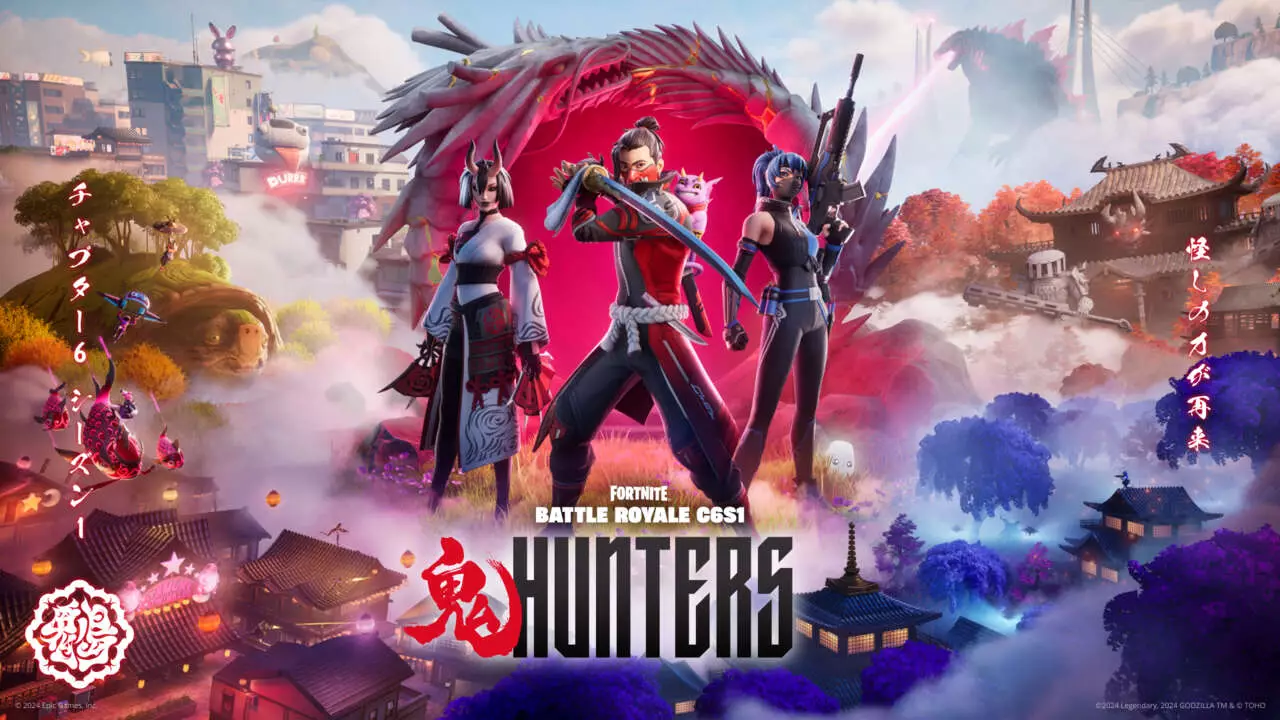The term “games like Fortnite” has evolved significantly since the popular title first burst onto the gaming scene. Initially, this phrase was straightforward and primarily referred to the plethora of battle royale games that borrowed gameplay mechanics or aesthetics from Epic Games’ flagship title. However, as Fortnite has expanded its scope, incorporating elements like social experiences and user-generated content, the definition has become more complex and varied. What constitutes a game similar to Fortnite today might encompass a range of genres, mechanics, and even community-driven experiences, reflecting the game’s maturation over its multi-year lifespan. The advent of Fortnite’s Creative mode and other unique events has shown that Fortnite is not just a singular experience; it’s a platform for diverse gaming experiences.
Since its release, Fortnite has effectively transformed from a battle royale game into a multifaceted ecosystem that includes diverse modes and experiences. This evolution introduces a variety of activities, such as the seasonal Fortnite Festival and themed events like Lego Fortnite and Rocket Racing. The user-generated islands within Fortnite Creative have further enriched the gameplay experience, inviting players to innovate and contribute to the gaming culture. Consequently, this shift from a simplistic battle royale format has led to numerous ways for players to engage with the game, and different subsets of the player base may find satisfying experiences in vastly different aspects of Fortnite. This has made defining a Fortnite-like game challenging, given the wide-ranging experiences Fortnite now offers.
Navigating Player Experiences
The player community is notably diverse; some individuals prefer to explore the breadth of activities available, hopping between modes and user-generated experiences, while others remain loyal to the battle royale format, where they feel most comfortable. Both preferences are valid and illustrate the adaptability of players in a rapidly evolving gaming environment. For developers looking to create Fortnite-like experiences, understanding this dynamic is crucial; they must either replicate the vast, interconnected gameplay opportunities that Fortnite offers, or hone in on specific niches that resonate with dedicated segments of the audience.
In light of the variety encompassed within Fortnite’s expansive universe, seeking games that hit specific niches is essential for those looking for Fortnite-like experiences. Rather than pursuing games that replicate the overall experience of Fortnite, one should look for titles that similarly engage players through various unique modes, creative elements, or social interactions. A few recommendations can be provided, especially focusing on free-to-play options that invite players to engage without financial commitments.
As gaming continues to evolve, it’s essential to understand not only what makes Fortnite popular but also how its influence permeates the broader gaming landscape. In this way, players can uncover new experiences that resonate with their personal preferences while appreciating the creativity and diversity that characterizes the modern gaming culture.

